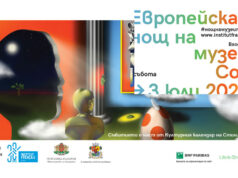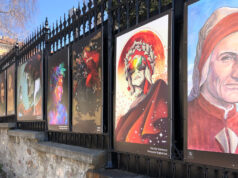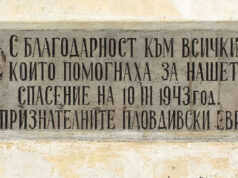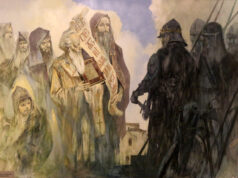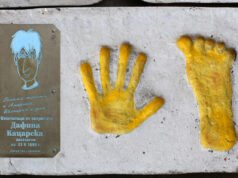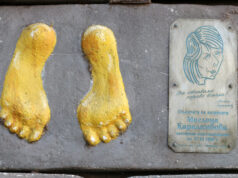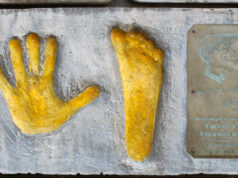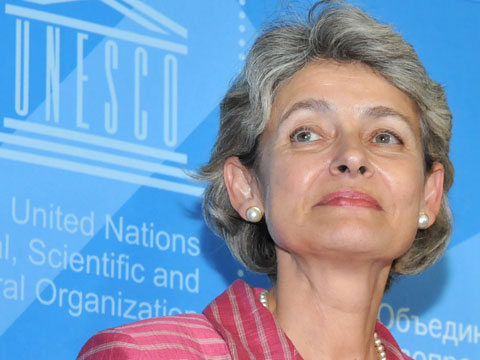 On the 22nd of September, long time Bulgarian diplomat Irina Bokova emerged from a hotly contested election as the new Secretary General of UNESCO. She defeated the early favorite, Egyptian Faruq Hosni of Egypt, in the fifth round of balloting, after a revelation of anti-Semitic comments in his past hardened opposition against him. Bokova will be both the first woman and the first Eastern European to hold the post.
On the 22nd of September, long time Bulgarian diplomat Irina Bokova emerged from a hotly contested election as the new Secretary General of UNESCO. She defeated the early favorite, Egyptian Faruq Hosni of Egypt, in the fifth round of balloting, after a revelation of anti-Semitic comments in his past hardened opposition against him. Bokova will be both the first woman and the first Eastern European to hold the post.
Currently acting Bulgarian Ambassador to France, Bokova is a well known person in the UNESCO sphere. She is Bulgaria’s permanent delegate to UNESCO, and since 2007 represents the Republic of Bulgaria on the UNESCO Executive Board.
Bulgaria has a long and successful relationship with UNESCO. The country is well represented on the World Heritage List, with nine protected sites. Bulgaria also has two items on the UNESCO Intangible Cultural Heritage List, including traditional fire dancing, Nestinari, which was added in 2009.
Bokova is not without her own detractors, having come under fire for her long Communist past. She is the daughter of Georgi Bokov, a former high ranking Communist leader and editor in chief of the party newspaper, and a member of both the Bulgarian Communist Party and its successor, the Bulgarian Socialist Party. She also holds the dubious distinction of having served briefly in 1996-1997 as Foreign Minister in the failed Videnov cabinet, widely regarded as the worst Bulgarian government of the last 20 years.
Despite these controversies, Bokova’s election is an important victory for Bulgaria and gives the country a tremendous opportunity to demonstrate its mettle in the highest profile cultural organization in the world.
[ad#bulstack-basic-post-banner]
Related Posts:



